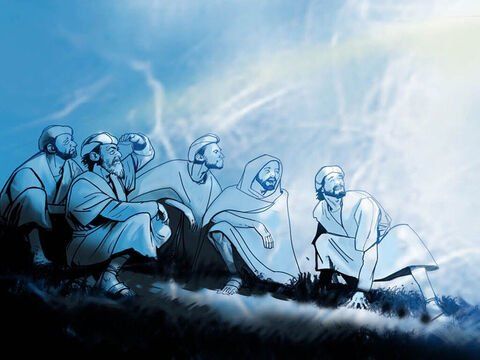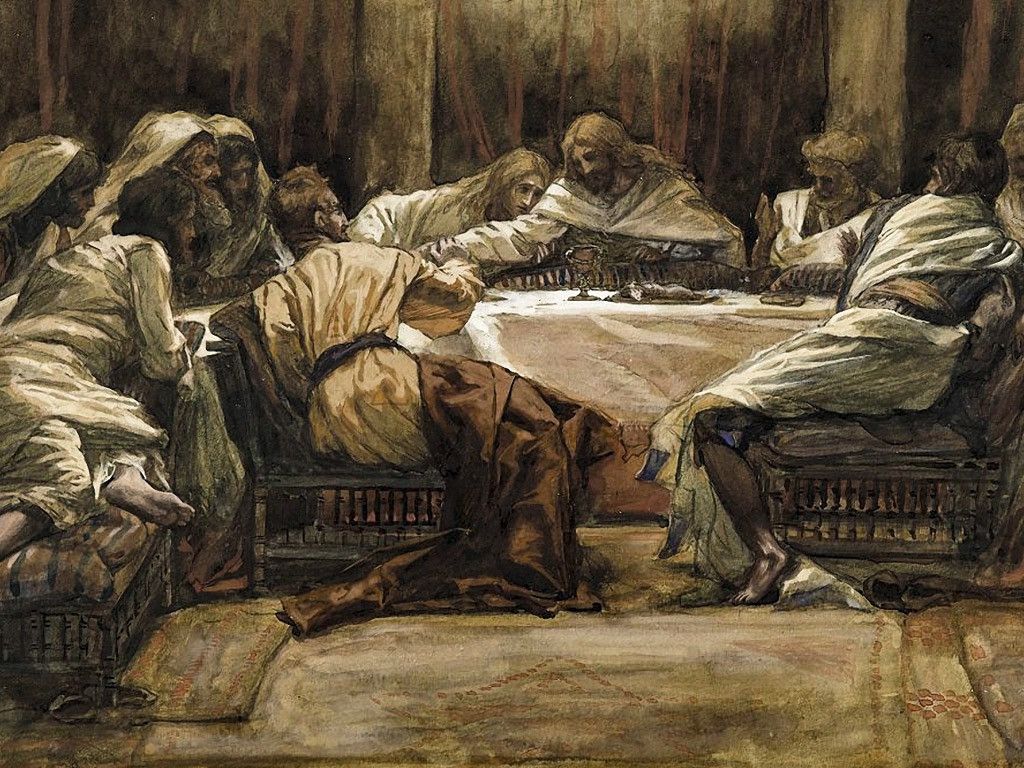Are we honouring all the works that Jesus did?
"Most assuredly, I say to you, unless a grain of wheat falls into the ground and dies, it remains alone;
but if it dies, it produces much grain.” (John 12:24)
Jesus said: “Most assuredly, I say to you, he who believes in Me, the works that I do he will do also” (John 14:12). When Jesus refers to “the works that I do” in this verse, what are the “works” that spring to mind?
Surely, we think of the dramatic miracles that Jesus performed during His life on earth, including raising the dead, healing the sick, casting out demons, transforming water into wine and calming a violent storm.
Great crowds of people flocked to Jesus and, in His presence, blind eyes were made to see, deaf ears were made to hear, withered limbs sprang to life, and incurable diseases were healed in an instant.
These are glorious works, and how wonderful it would be to see more of those kinds of works manifest on earth today.
Here and there they do occur, but, on the whole, there are relatively few highly visible signs of the healing, transforming power of God on earth. (I emphasise the word relatively, because these signs certainly do exist, but most often in quiet, unseen and yet very real expressions of healing and restoration in the lives of individuals and communities. And we do sincerely thank God for those.)
But I do wonder if we might see more evidence of God’s healing power on earth if we looked again at what Jesus meant when he spoke of “the works that I do” (John 14:12).
I wonder if by focusing on His miracles of healing etc, we may be missing the broader significance of His “works” and, in particular, His foundational works. By “foundational”, I mean the works that Jesus performed in order to enter into His public ministry after His baptism by John the Baptist.
Jesus’ foundational works
The first work that Jesus performed was to leave His Father’s side and to become incarnate as a completely vulnerable baby. This was totally supernatural and utterly miraculous.
And so was His second work. As Holy, Holy, Holy God incarnate, He – astoundingly – submitted Himself to a full 30 years of growing up within a human family, in obscurity and in complete humility. It is nothing less than miraculous that God Himself would empty Himself of wisdom in order to identify with humankind, and would therefore need to grow and to learn: “Jesus increased in wisdom and stature, and in favour with God and men” (Luke 2:52).
Then we can say that His third work was to bow His Head – as God – to humbly receive baptism by a human being in order to begin His public ministry.
These are all most extraordinary, miraculous works, without which the rest of Jesus’ ministry – and of course His death and resurrection – could not have happened as they did.
The question now is, how does this apply to us? How does it apply to those to whom Jesus said: “he [or she] who believes in Me, the works that I do he will do also” (John 14:12)?
The foundational works of Jesus required Him to completely empty Himself out and to take the very lowest place in order to be equipped to begin His public ministry.
Likewise, we are also called to do the same emptying-out work in our own lives. We do that by trusting in what Jesus has accomplished for us on the Cross and by identifying with Him; by setting aside our own identity and will, and by placing Jesus on the throne of our lives.
I wonder if we, as the Church, have so emphasised the “pleasant”, the spectacular, the feel-good and the potentially ego-building works of miracles (wonderful though they are in themselves) … at the cost of bypassing the foundation of Christ-like character which can only be formed in the crucible of self-sacrifice, brokenness and true humility.
We see in the lives of the disciples, and especially of Peter, that the power of God can only truly flow freely when we come to the end of our tether, lay down all pride and independence, and declare with our Master that “I can of myself do nothing”.
Oh what glorious freedom for us to come to that point!
But I do believe that we reach it through identifying with the foundational works of Jesus. Only then can we live in the truth and the immeasurable power of Galatians 2:20(a): “I have been crucified with Christ; it is no longer I who live, but Christ lives in me.”
By Ann Shakespeare 30 January 2020
Above: Christ healing the paralytic at the Pool of Bethesda by Bartolomé Esteban Murillo












